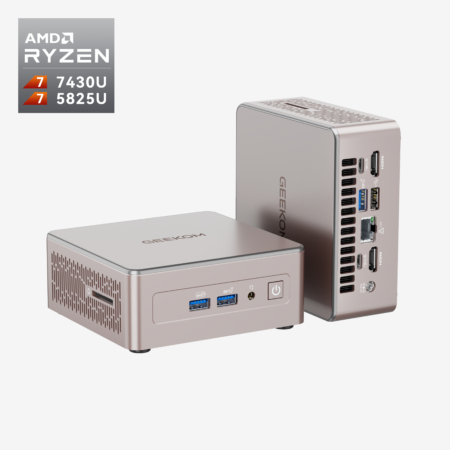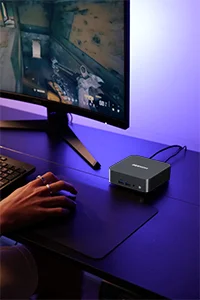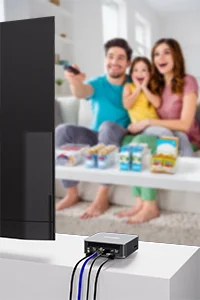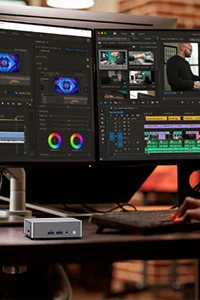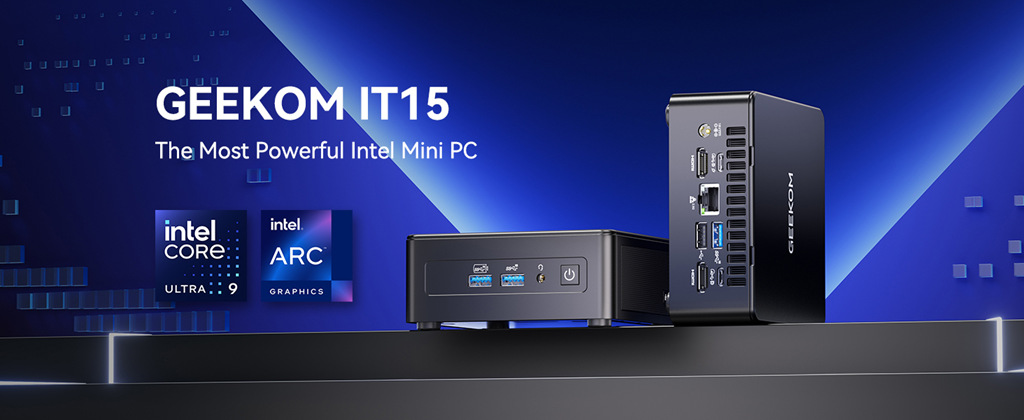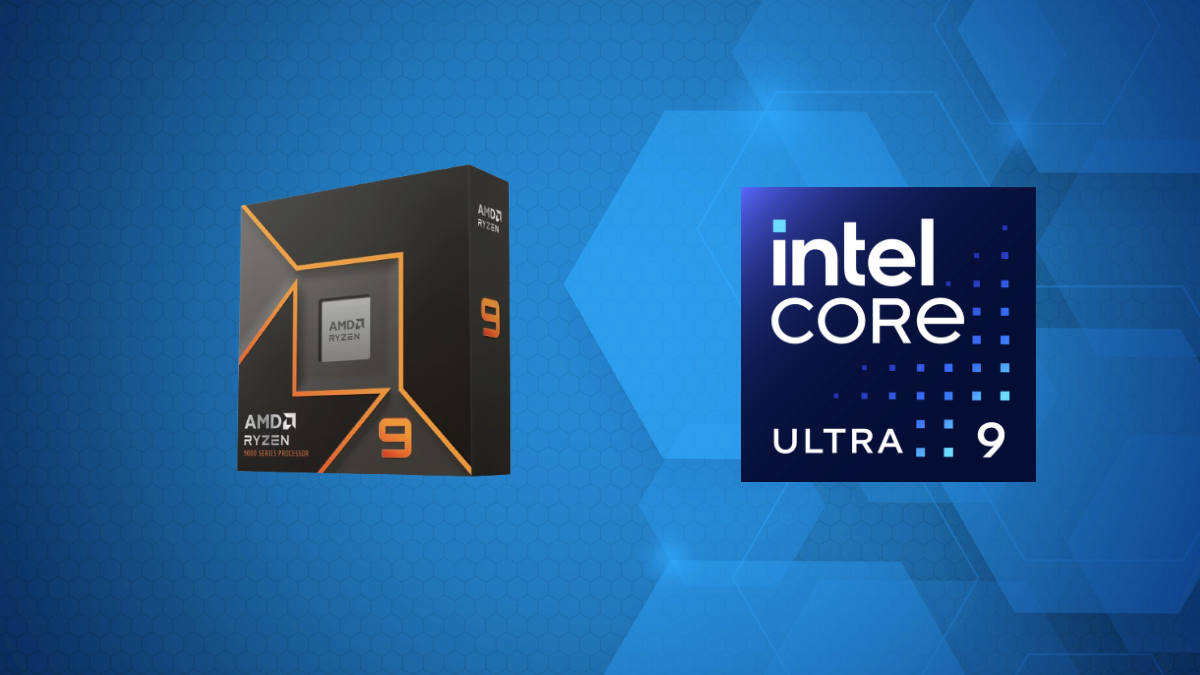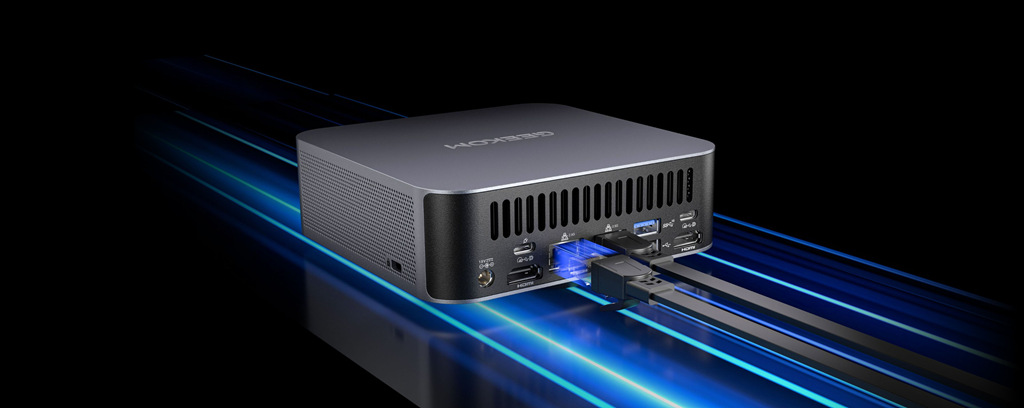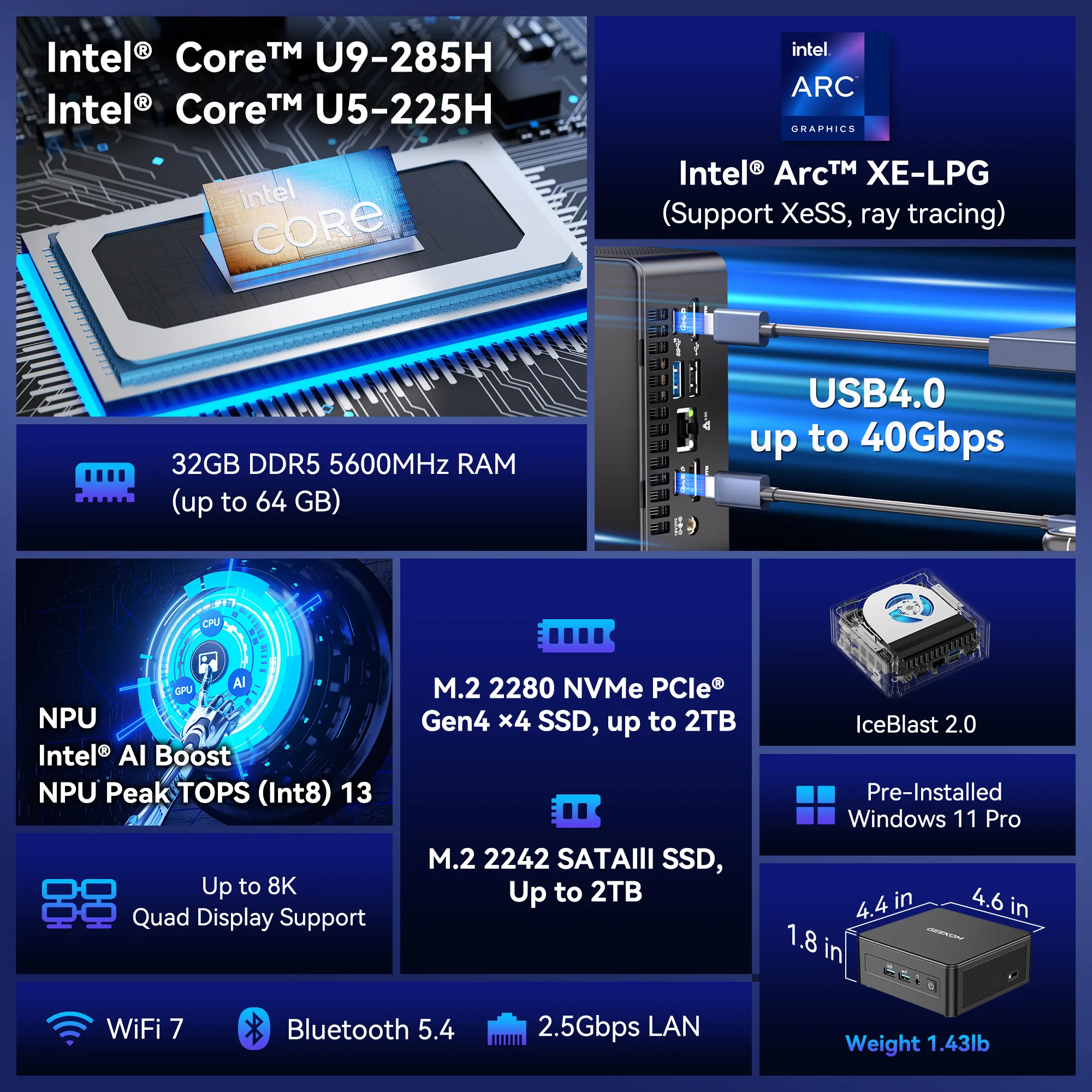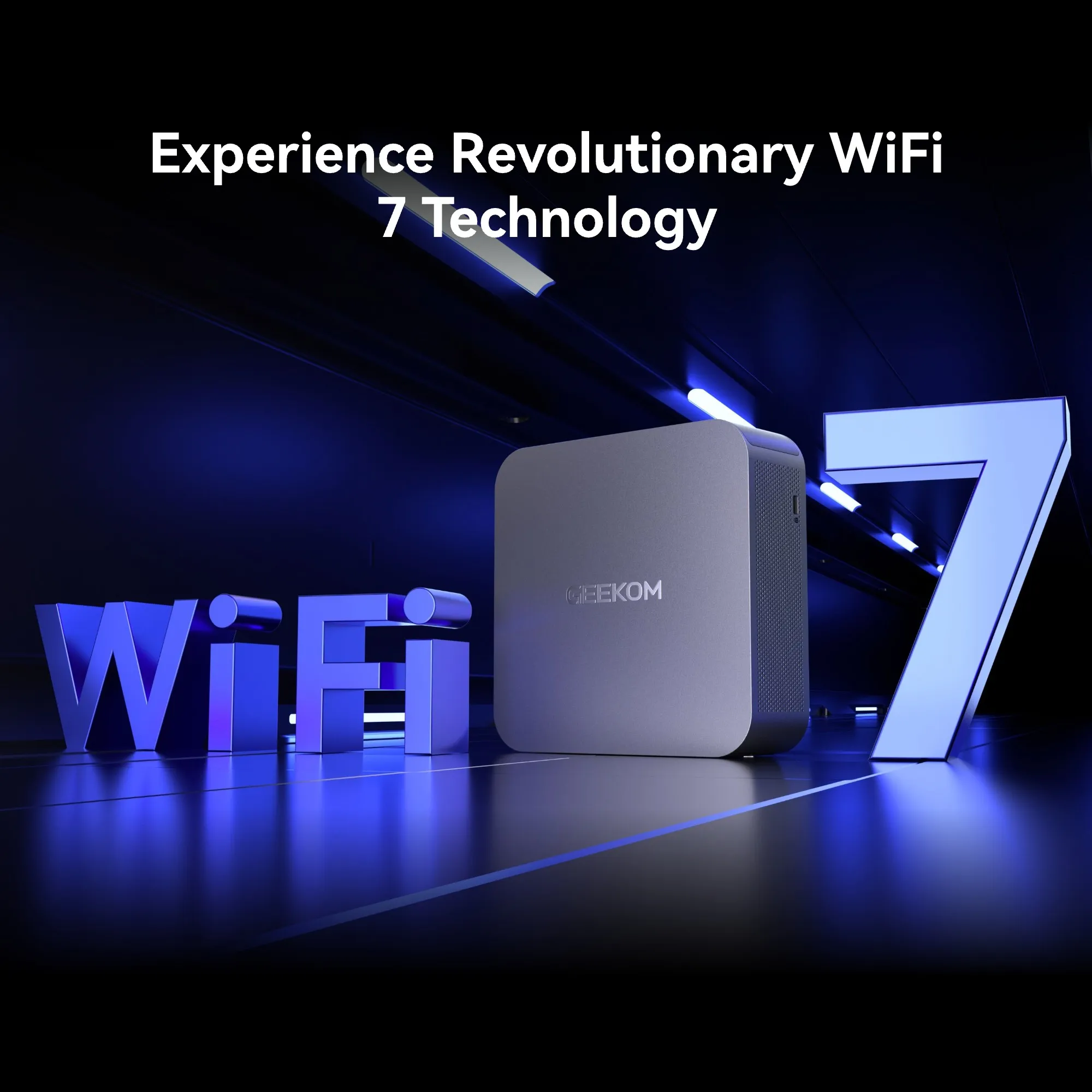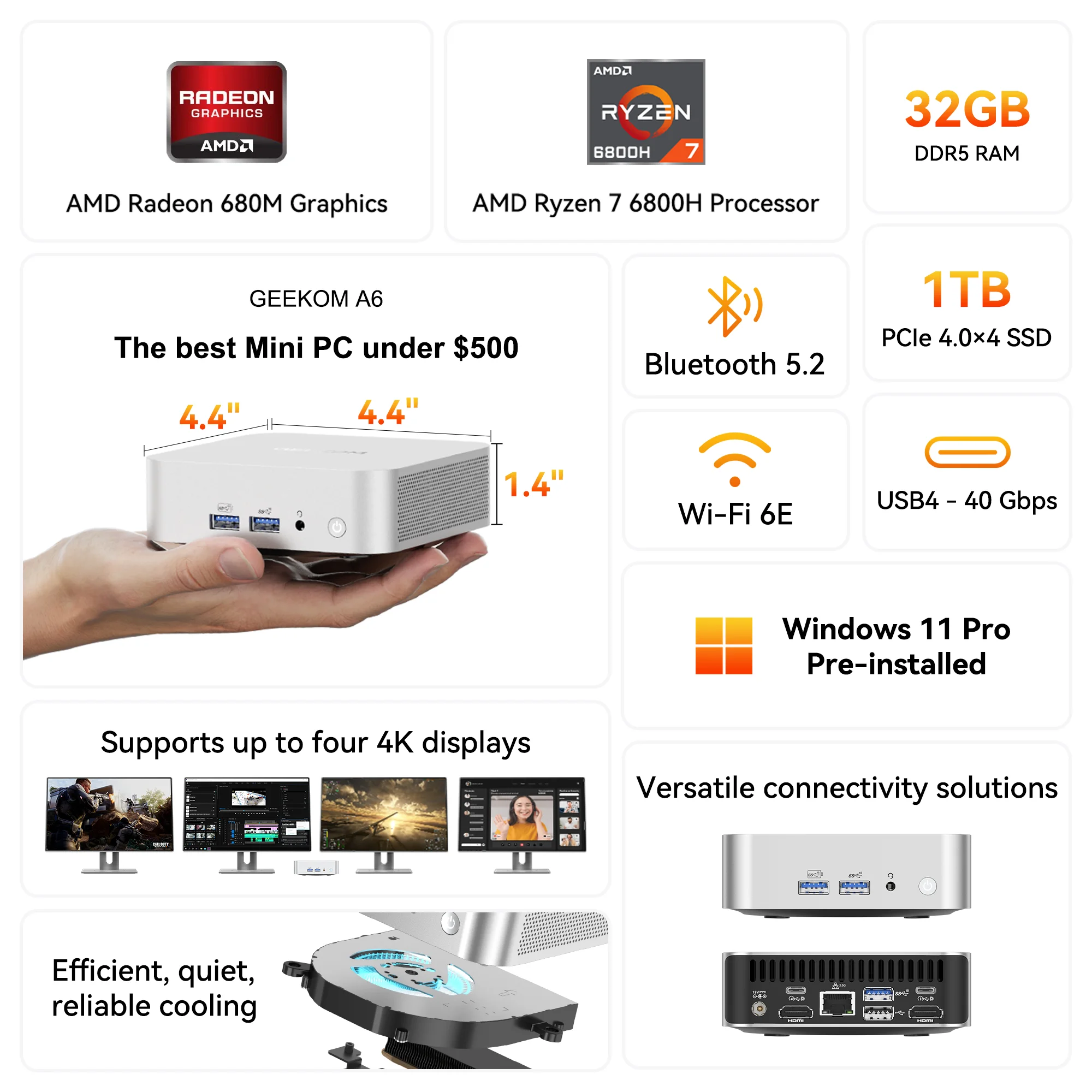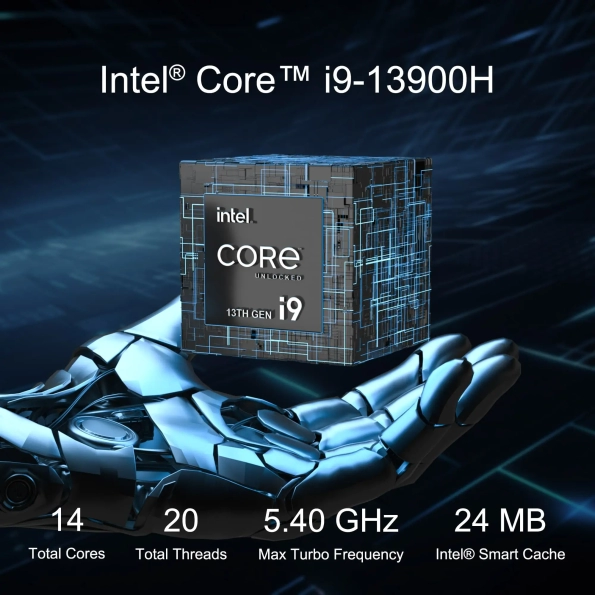Question:
My computer is always crashing lately. I don’t know what’s going on. Is there any solution?
Best Answer
If your PC keeps crashing, it could be due to various reasons, ranging from hardware issues to software problems. Here are some common causes and potential solutions:
1. Overheating
- Cause: Overheating is a common reason for PC crashes. If your computer’s internal temperature gets too high, the system may shut down to prevent damage.
- Solution: Check the cooling system, including fans and heat sinks. Clean out any dust that might be blocking airflow. Consider using a cooling pad if you’re using a laptop.
2. Hardware Issues
- Cause: Faulty hardware components like RAM, hard drive, or graphics card can cause instability and crashes.
- Solution: Run hardware diagnostic tools (like Windows Memory Diagnostic for RAM or hard drive diagnostic software from your HDD/SSD manufacturer). If a specific component is failing, it may need to be replaced.
3. Driver Problems
- Cause: Outdated or incompatible drivers, particularly for your graphics card or motherboard, can cause crashes.
- Solution: Update all drivers, especially graphics and chipset drivers. You can do this via Windows Update or by visiting the manufacturer’s website.
4. Software Conflicts
- Cause: Conflicting software, especially system utilities or antivirus programs, can lead to crashes.
- Solution: Try uninstalling recent software updates or programs to see if the issue is resolved. Running your PC in Safe Mode can help identify if the problem is software-related.
5. Malware or Viruses
- Cause: Malware can cause system instability, leading to frequent crashes.
- Solution: Run a full system scan using reliable antivirus software. Remove any detected threats.
6. Corrupted System Files
- Cause: Corrupted system files or a damaged operating system can result in crashes.
- Solution: Run the System File Checker tool (sfc /scannow) via Command Prompt to repair corrupted files. You might also consider performing a system restore or reinstalling Windows if the issue persists.
7. Power Supply Issues
- Cause: A faulty or insufficient power supply can cause your PC to crash, especially under load.
- Solution: Ensure your power supply unit (PSU) is sufficient for your system’s requirements. Consider testing with a different PSU if possible.
8. Hard Drive or SSD Failures
- Cause: If your hard drive or SSD is failing, it can cause the system to crash.
- Solution: Use diagnostic tools like CrystalDiskInfo to check the health of your drives. Back up your data and replace the drive if it’s failing.
9. Insufficient Memory or Disk Space
- Cause: Running out of RAM or disk space can lead to crashes, especially when running resource-intensive applications.
- Solution: Upgrade your RAM or free up disk space by deleting unnecessary files or moving them to an external drive.
10. Operating System Issues
- Cause: Bugs or incompatibilities in the operating system itself could be the root of the problem.
- Solution: Ensure your operating system is up to date. If updates don’t help, a clean install of the OS might be necessary.
11. BIOS or Firmware Issues
- Cause: Outdated BIOS or firmware can lead to compatibility issues that cause crashes.
- Solution: Update your BIOS or firmware to the latest version provided by your motherboard manufacturer.









